Dear all,
I have this question for a while now, so asking people familiar with this topic here might help. In Bitcoin's PoW world, the full nodes have the last say and not the miners - historical proof are the 'Blocksize wars' were corporate interests and thus especially miners wanted to increase the protocol's block size. As a large majority of Bitcoin fullnodes rejected this idea, it was not implemented. In my view, this is crucial for a blockchain as it has to be secure and decentralised (referring to the blockchain trilemma), otherwise a global adoption is useless as one might use corporate services for large scaling and security; large scaling and decentralisation is not a good idea for an ecosystem's base layer to become globally adopted.
How do things look like in Ethereum's current world? Let us take two examples to answer this question:
1) Stakers want to increase the block size of Ethereum's protocol. A large majority of stakers supports this, but a large majority of Ethereum nodes opposes it. What will happen?
2) There is a global outage for one day where large parts of the grid infrastructure is affected. After everything is back to normal, who defines the history of the blockchain? Stakers or Ethereum nodes?
I haven't found a clear answer to this. If someone knows the details, please answer with sources - even specific lines from the source code would be great!
Thank you!
[link] [comments]

You can get bonuses upto $100 FREE BONUS when you:
💰 Install these recommended apps:
💲 SocialGood - 100% Crypto Back on Everyday Shopping
💲 xPortal - The DeFi For The Next Billion
💲 CryptoTab Browser - Lightweight, fast, and ready to mine!
💰 Register on these recommended exchanges:
🟡 Binance🟡 Bitfinex🟡 Bitmart🟡 Bittrex🟡 Bitget
🟡 CoinEx🟡 Crypto.com🟡 Gate.io🟡 Huobi🟡 Kucoin.
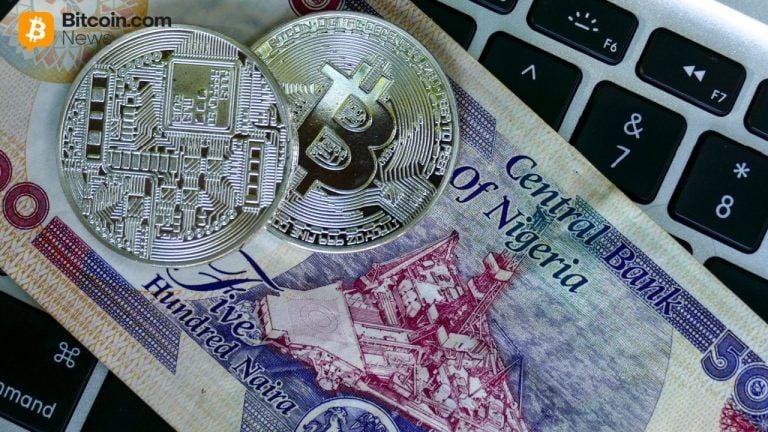






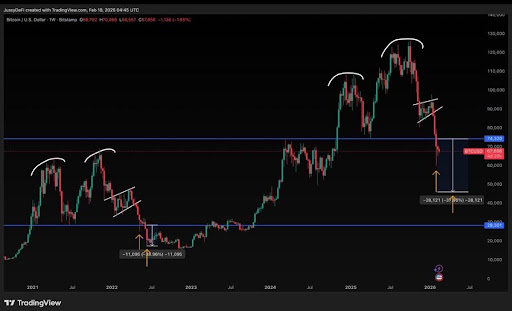
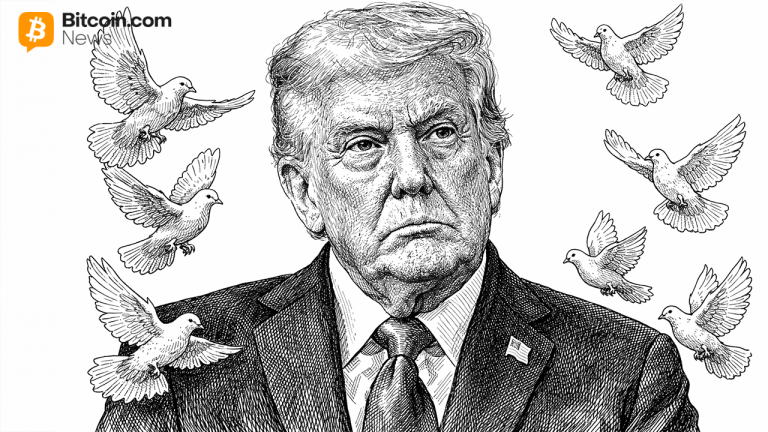
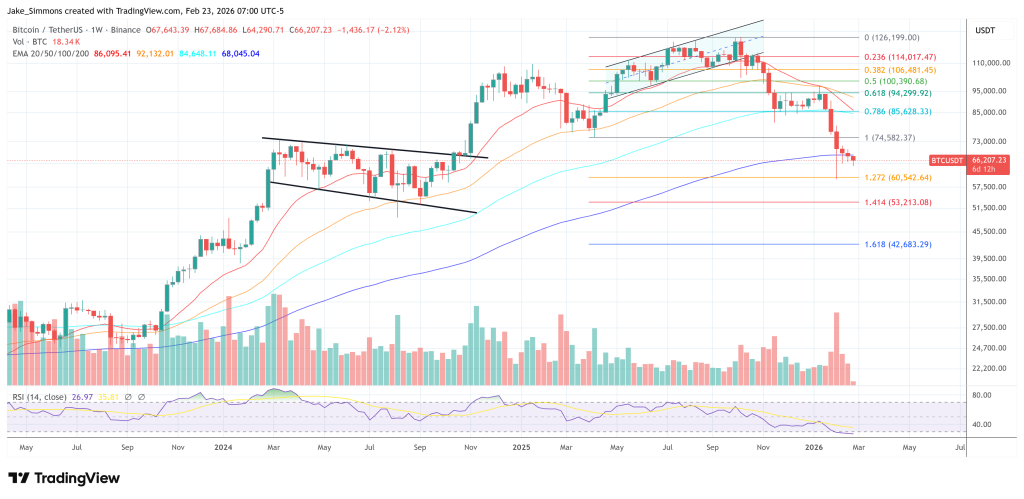


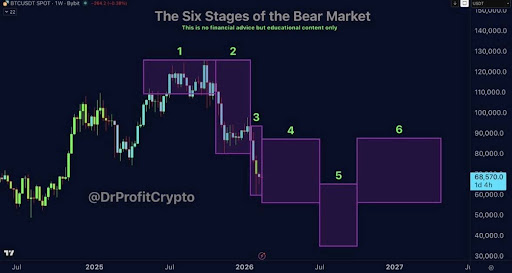



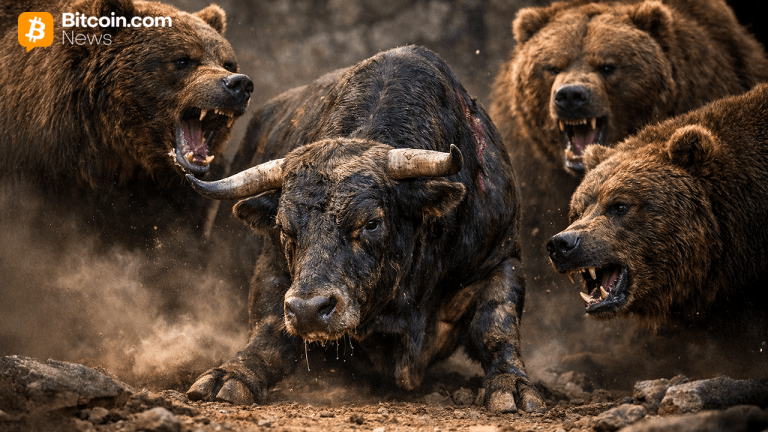

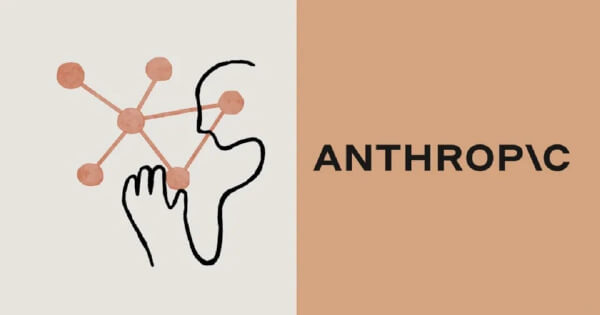
Comments